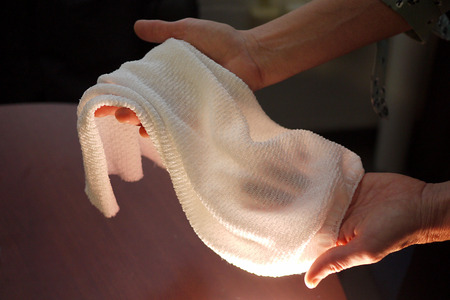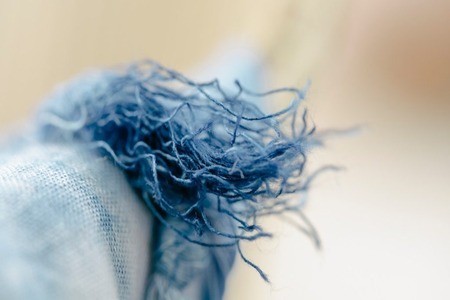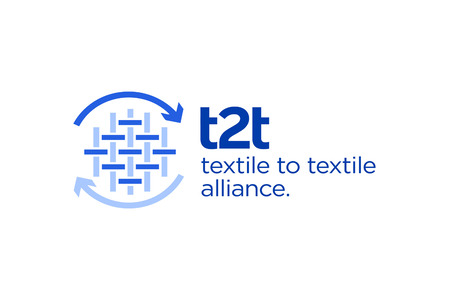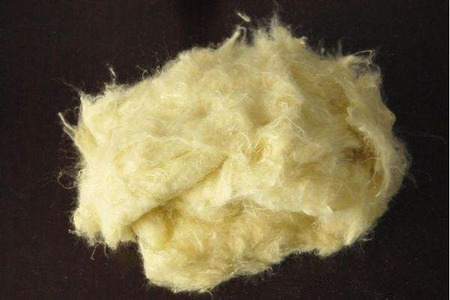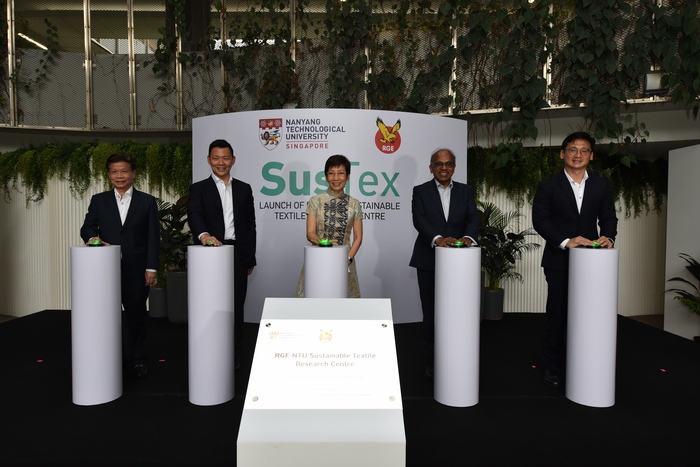
NTU Singapore and RGE partners to to tackle textile waste
YarnsandFibers News Bureau 2022-08-08 05:07:00 – SingaporeNanyang Technological University, Singapore (NTU Singapore) and Royal Golden Eagle (RGE), a global resources-based manufacturing group, has launched the RGE-NTU Sustainable Textile Research Centre (RGE-NTU SusTex, to promote innovation in textile recycling and to translate research findings into workable solutions that can be implemented in urban areas like Singapore.
The $6 million joint research center will conduct studies on topics including recycling textile waste into fiber and developing the next generation of environmentally friendly and sustainable textiles. The objective is to investigate the chemistry of various textile components and identify the best procedures and methods necessary to get us closer to a circular textile economy. This is consistent with both Singapore Green Plan 2030 and Zero Waste Mission.
Ms. Grace Fu, Singapore's Minister for Sustainability and the Environment, officially opened the research centre, located at NTU’s School of Materials Science and Engineering.
It happens at a time when 92 million tonnes of textile waste are reportedly produced worldwide each year[1]. Only 12% of the materials used to make garments are recycled. The worldwide textile business alone is accountable for 10% of greenhouse gas emissions[2], which is greater than all international travel and marine transportation put together.
The mission of the RGE-NTU Sustainable Textile Research Centre (RGE-NTU SusTex) is very much in line with Singapore's zero waste aim to create a sustainable, resource-efficient, and climate-resilient nation, according to NTU President Professor Subra Suresh. This collaboration between NTU and RGE makes use of NTU's intellectual property in materials and environmental chemistry as well as RGE's industrial expertise as a worldwide manufacturing organization focused on resources.
Perry Lim, executive director of RGE, said that they want to help where they can make the biggest difference. The import of garbage, particularly textile waste, is being prohibited by more nations. However, metropolitan areas like Singapore cannot use the present textile recycling methods since they rely on a bleaching and separation process that uses powerful chemicals. This is where RGE can assist by sharing their worldwide R&D knowledge as the largest producer of viscose in the world, providing S$6 million in finance to create the research center and fund its work, and potentially scaling up the feasible technologies and solutions throughout our global operations. They want to spur innovation and create a first-of-its-kind urban-fit textile recycling solution, supported by Singapore's robust research environment and utilizing NTU's technical strengths.
Professor Lam Khin Yong, Senior Vice President (Research) of NTU, said that collaboration between universities and the industry has never been more crucial to facing today's complex social, environmental, and economic challenges. The RGE-NTU SusTex is just another illustration of how the culture of industry collaboration is ingrained in NTU's ecosystem of innovation. Such partnerships enable a fruitful interchange of concepts and expertise between business and academia and assist in paving the road for the translation of research concepts, maximizing the effect and reach of NTU's research for the societal good.
Dino Tan, Senior Vice President of the Singapore Economic Development Board (EDB), said: that the RGE-NTU SusTex project's successful launch is a tribute to EDB's efforts to link their corporations with Singapore's research institutions. They’re optimistic that the new research center will mark a significant step toward realizing Singapore's ambitions for sustainable manufacturing by fusing the manufacturing know-how of RGE with the research capabilities of NTU. They look forward to establishing more similar alliances to assist the creation of cutting-edge green technology and solutions that can be implemented on a large scale in Singapore and the surrounding area.
The joint research center expands on RGE's sustainability commitment, which includes looking into how trash may also be utilized as a resource to produce new materials, and is part of NTU's vision and efforts to lessen our impact on the environment under its NTU 2025 strategic plan.
The RGE-NTU SusTex takes use of the university's focus on multidisciplinary cooperation to spur high-impact research and translate creative concepts from the lab to the real world. It also expands on RGE's extensive industry knowledge and potent production prowess. When the notion of an urban-fit textile recycling center initially took root last year, EDB helped NTU and RGE get along.
The joint research centre will look into 4 research areas which are Cleaner and more energy-efficient methods of recycling; Automated sorting of textile waste; Eco-friendly dye removal; and New textiles.
Professor Hu Xiao, from the NTU School of Materials Science and Engineering, is in charge of the collaborative research center and also serves as the head of the Nanyang Environment & Water Research Institute's Environmental Chemistry & Materials Centre.
RGE intends to construct an energy-efficient, low-carbon, and low-chemical emissions textile recycling pilot facility in Singapore in connection with the launch of the RGE-NTU SusTex. In this pilot plant, the innovative sustainable textile recycling technologies created as part of the RGE-NTU SusTex project are anticipated to be tested.
Market Intelligence
Ask for free sample Report

experience
Customer Base
dedicated team
Countries Served Worldwide



